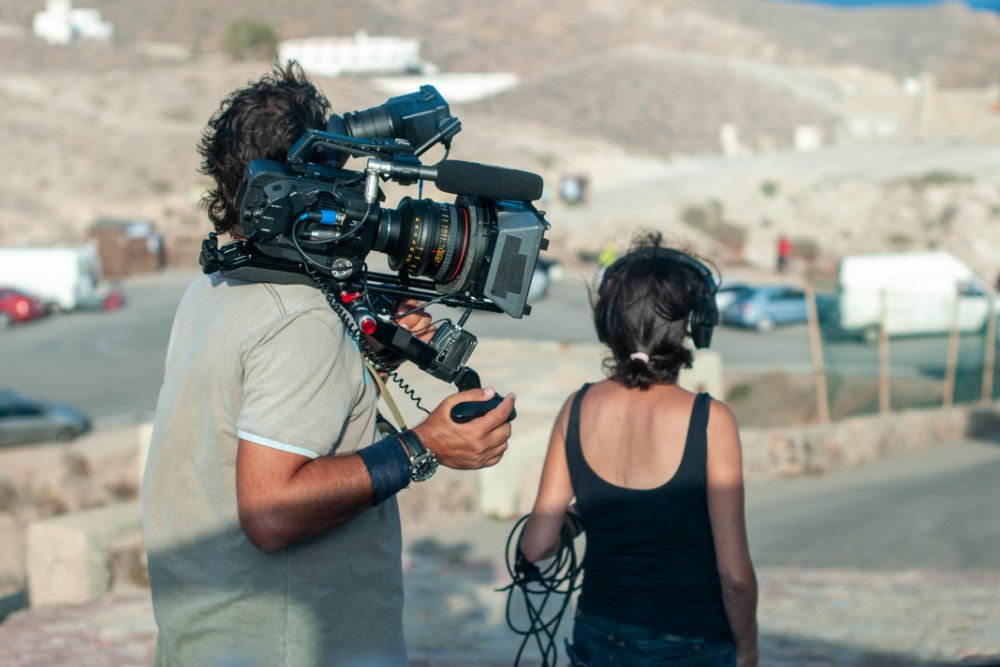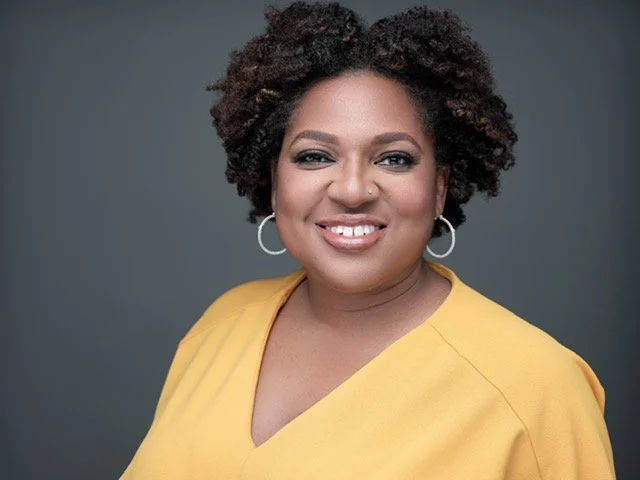“For the Good of All.” A New Fund Seeks to Boost Racial Equity in Journalism
/Data from the Foundation Center analyzed by the Democracy Fund has found that between 2009 and 2015, only 6 percent of the $1.2 billion in grants invested in journalism, news and information in the United States went toward efforts serving specific racial and ethnic groups, and only 7 percent toward efforts serving economically disadvantaged populations.
The Minneapolis-based Borealis Philanthropy hopes to change this narrative with the launch of the Racial Equity in Journalism Fund. The fund, which has raised $3.6 million from donors including Craig Newmark Philanthropies, the Democracy Fund, the Ford Foundation, the Google News Initiative, and the News Integrity Initiative, seeks to bolster the capacity and sustainability of news organizations led by people of color and increase civic engagement for communities of color.
A philanthropic intermediary launched in 2014, Borealis specializes in matching donors and creating or finding groups that support the donor’s policy preferences. Borealis’ website lists a few reasons that funders might decide to work with a philanthropic intermediary rather than go it alone. These include economies of scale, accessing support services like coaching that larger grantmakers cannot make on their own, and leveraging an intermediary’s ability to provide expertise in an area the funder has yet to develop independently.
Equity is a huge issue for Borealis and its growing network of philanthropic partners. Last year, Borealis, with support from the Ford and W.K. Kellogg foundations, launched the Racial Equity in Philanthropy Fund to advance racial equity and promote diversity within the philanthropic and nonprofit sectors. And in June, Borealis launched the Racial Equity to Accelerate Change Fund to support practitioners helping nonprofit organizations integrate racial equity in their institutions. Funders include the Barr Foundation, the Bush Foundation, the Ford Foundation, the Heising-Simons Foundation and the James Irvine Foundation.
A Cycle of Exclusion
Commenting on the new Racial Equity in Journalism Fund, Farai Chideya, program officer for creativity and free expression at the Ford Foundation, said, “A historic lack of diversity and equity in journalism has left countless stories untold, and multiple American communities and issues poorly covered. To rebuild our news industry and promote civic participation, we must invest—financially and with knowledge and networks—in a broader range of media-makers, for the good of all.”
The keywords here are “rebuild” and “invest.” A 2017 Knight report found that minority readers are bypassing traditional journalism outlets and are instead assuming the role of news creators and distributors themselves on platforms like Twitter. Knight attributes this exodus to a lack of representative views across the journalism space. And as the Democracy Fund’s analysis suggests, it’s hard to provide representative views to racial and ethnic groups if only a small fraction of funding flows to outlets serving these demographics in the first place.
The Democracy Fund’s takeaways come on the heels of a similar study last year from the Shorenstein Center, which found that most journalism funding flows to “high-profile and well-connected nonprofits in coastal cities.” What’s more, funding to familiar metropolitan enclaves rarely makes its way to the smaller and more diverse outlets that need it the most. As Elizabeth Green, co-founder of the American Journalism Project (AJP) said, “Even New York City, our fair media capital, suffers from the local news crisis.”
The Racial Equity in Journalism Fund’s website drives the point home, stating, “People of color-led news organizations, in particular those led by black, Latinx, Asian Pacific Islanders and indigenous people, lack the capital and multiple streams of revenue to build infrastructure and resources that ensure their longevity in the field, as well as their ongoing growth and innovation.”
This dynamic creates a cycle of civic exclusion, as “communities with the least access to relevant public affairs news—people of color, immigrants, people from low-income, rural, and urban communities, and others—are also most likely to be left out of policy creation and civic processes.”
Boosting Racial Equity
Funders have tackled the issue of racial equity in the journalism space from various angles. The AJP will allocate funding to credible local outlets that have published quality work and “have at least one business-side person already onboard.” Since the project focuses on local communities to build trust, boosting racial equity will inevitably be part of the mix. Other funders, like the Lenfest Institute and the nascent Independence Public Media Foundation, have adopted a similar approach.
The Knight Foundation, meanwhile, has sought to cultivate diverse journalists at the university level. In addition, Knight, along with the News Integrity Initiative, the Democracy Fund and Lenfest, has provided support for the Community Listening and Engagement Fund, which echoes Borealis’ call for greater “civic engagement for communities of color.”
Funders are also putting money directly in the hands of diverse outlets and journalists. Last year, the MacArthur Foundation launched the Jack Fuller Legacy Initiative to strengthen journalism and media in Chicago by investing in the “production and dissemination of accurate, just, and inclusive news and narratives.” And back in May, the TEGNA Foundation announced it was looking to support training for “the next generation of diverse journalists and education and development opportunities for journalists and other professionals in the media field.”
Providing a Roadmap
The Borealis fund’s support for diverse outlets serves as a springboard to engage disillusioned consumers and break the cycle of civic exclusion. This explains why Craig Newmark Philanthropies and Democracy Fund have provided support for the initiative. Both funders are committed to combating fake news, reestablishing Americans’ trust in the Fourth Estate, and encouraging disenfranchised citizens to participate in the democratic process.
Of course, funders also realize that money alone won’t guarantee improved consumer engagement, much less long-term financial sustainability or an infusion of trust in the media. And so the Racial Equity in Journalism Fund will provide media organizations led by people of color with general support and capacity-building focused on four areas for development and technological improvements:
Adaptation of infrastructure to the internet and social media
Multiple streams of revenue
Innovative ways of delivering information
Scaled up impact and expansion of reach to new audiences
The fund will begin making grants in the first quarter of 2020 with a focus on nonprofit and for-profit news organizations committed to improving racial equity in news coverage and newsrooms. The fund will prioritize organizations “with a depth and length of commitment to community engagement, efforts to provide timely and important news to communities most underserved and facing the greatest barriers in receiving public affairs information, and organizations developing creative and innovative ways to reach the communities they serve.”
Applicants can find instructions for submitting a letter of inquiry on October 1, 2019. LOIs are due by October 30, 2019. The fund will make its first round of grants in March 2020. Outlets interested in learning more about the fund are encouraged to sign up on Borealis’ email list to receive forthcoming updates.







































